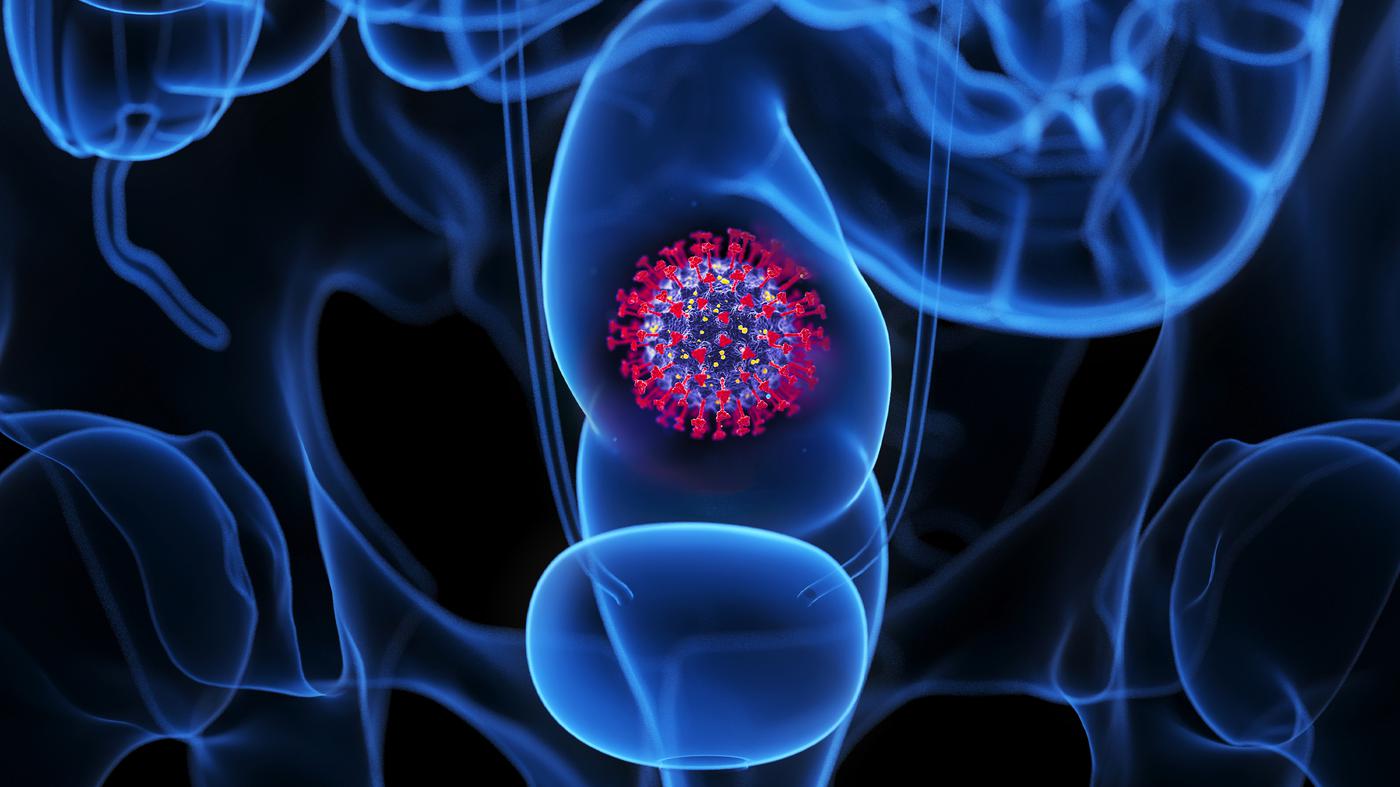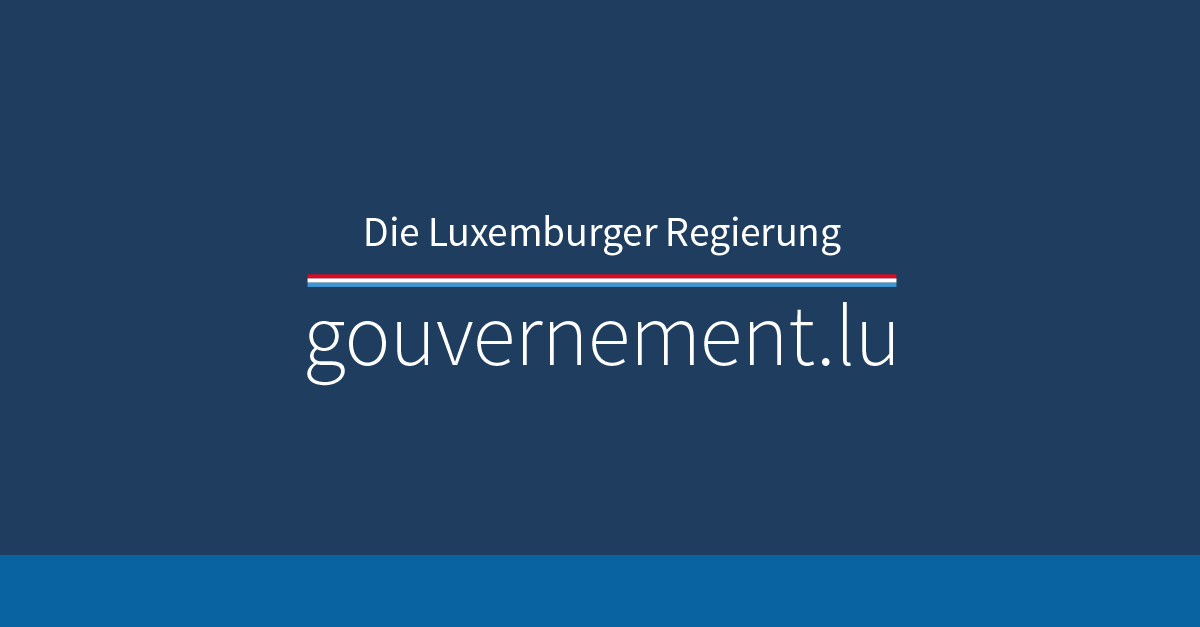The Ministry of Foreign and European Affairs has announced that the Grand Duchy of Luxembourg has complied with Council Recommendation (EU) 2020/912 on the temporary restriction of non-essential travel to the European Union and the possible lifting of this restriction. The list of third countries whose population should not be affected by the temporary restrictions on non-essential travel to the Grand Duchy of Luxembourg at the external borders is being updated. As of December 6, 2021, Jordan and Namibia will be removed from the list. At the same time, Indonesia was added to the list.
Accordingly, third-country nationals residing in Jordan or Namibia will no longer be allowed to travel to the hardest-hit region of the Grand Duchy of Luxembourg for non-essential trips on December 6, 2021.
However, as of the above date, third-country nationals residing in Indonesia may re-enter the Grand Duchy of Luxembourg, even for non-essential trips.
The obligation to provide proof of residence rests with the third-country national.
The updated list of third countries whose citizens are allowed to enter the territory of the Grand Duchy of Luxembourg, even for non-essential travel, is now as follows:
- States
- Saudi Arabia
- Argentina
- Australia
- the two seas
- Canada
- Chile
- China (subject to reciprocity at the EU level)
- Colombia
- South Korea
- The United Arab Emirates
- Indonesia
- Kuwait
- Peru
- Rwanda
- New Zealand
- Qatar
- Uruguay
- Special Administrative Regions of the People’s Republic of China
- Hong Kong Special Administrative Region
- Macau Special Administrative Region
- Local authorities not recognized as a state by at least one EU Member State
Third-country nationals residing in a country not included in the above list are not allowed to enter the territory of the Grand Duchy, unless third-country nationals have a certificate evidencing full vaccination protection and are considered equivalent in Luxembourg.
In accordance with recent decisions of the European Commission, certificates issued by the authorities of El Salvador, Singapore and Togo are considered equivalent. This means that third-country nationals who have a certificate issued by El Salvador, Singapore or Togo proving full protection from vaccination can now enter the Grand Duchy of Luxembourg, even on non-essential travels.
In addition to certificates of vaccination issued by a member state of the European Union or the Schengen area, Luxembourg also recognizes certificates evidencing full protection of vaccination issued by the following third countries:
- Albania
- Andorra
- Armenia
- United States of America
- Georgia
- Faroe Islands
- Israel
- Morocco
- Moldova
- Monaco
- New Zealand
- Panama
- North Macedonia
- United kingdom
- savior
- San Marino
- Serbia
- Singapore
- Togo
- Turkey
- Ukraine
- Vatican City
It should be noted that any person, regardless of nationality and place of residence, who holds a vaccination certificate issued by one of the above-mentioned countries, can use this certificate to comply with the additional health measures required for valid air travel to the Grand Duchy of Luxembourg.
Citizens of other countries are also allowed to enter the Grand Duchy if the trip is necessary. To do this, they must send an express request to the Passports, Visas and Attestation Office for a special certificate to be issued via e-mail ([email protected]).
It should also be noted that additional measures are applied to all flights to the Grand Duchy of Luxembourg. Anyone 12 years and 2 months old or older must provide the following when boarding:
- Vaccination certificate that provides complete protection from vaccination [1] COVID-19 and has been prepared in accordance with Article 3bis of the Amended Law of July 17, 2020 on Measures to Combat the COVID-19 Pandemic. In other words, vaccination certificates issued by the Grand Duchy of Luxembourg, which is a member state of the European Union (EU) or the Schengen area. Certificates issued by certain third countries are also accepted (for the third countries involved, see above);
- A refund certificate, created in accordance with the provisions of Regulation (EU) 2021/953, for people who have had SARS-CoV-2 infection within the past six months prior to the flight and the applicable isolation time in the country concerned with complete remission of symptoms of infection has been completed
- Negative result (paper or electronic) of the SARS-CoV-2 RNA nucleic acid amplification test (NAT) (PCR, TMA or LAMP method)[2]) less than 72 hours before flight or SARS-CoV-2 rapid antigen test[3]Performed less than 48 hours prior to the flight by a medical laboratory or other body approved for this purpose. A negative test result must be submitted, possibly with a translation, in one of the Luxembourgish administrative languages or in English, Spanish, Italian or Portuguese.
In addition, additional health measures are applied to flights from Botswana, Eswatini, Lesotho, Mozambique, Namibia, South Africa and Zimbabwe until January 14, 2022.
Details of the applicable regulations, including the definition of necessary flights and applicable exemptions, and the exact processes to be considered in advance, can be found at the following link: https://covid19.public.lu/de/reisende/luxemburg-besuchen.html
[1] a) It is understood that complete protection from vaccination means protection that specifies the number and intervals of injections required to achieve adequate protective immunity and which, in the case of a two-dose vaccination schedule, after the second dose has been administered or in the case of the single-dose schedule is complete 14 days after vaccination. b) Individuals who have recovered and been vaccinated within 180 days of their first positive NAT test result are protected against vaccination 14 days after a single dose of the given vaccine has been administered.
[2] PCR: polymerase chain reaction, TMA: TMA: transcription-mediated amplification; LAMP: loop-mediated isothermal amplification
[3] According to WHO criteria: Antigen detection in the diagnosis of SARS-CoV-2 infection using rapid immunoassays. Interim Guidance, September 11, 2020, and is included in the list of rapid antigen tests established on the basis of Recommendation 2021/C24/01 of January 22, 2021.
Press release from the Ministry of Foreign Affairs and European Affairs

“Communicator. Entrepreneur. Introvert. Passionate problem solver. Organizer. Social media ninja.”






More Stories
Booked: Lufthansa Allegries Business Class to Canada
Sunak's Rwanda plan hurts Britain and the West
Boris Becker was jailed for several months in Great Britain, after which he still had to serve part of his sentence.